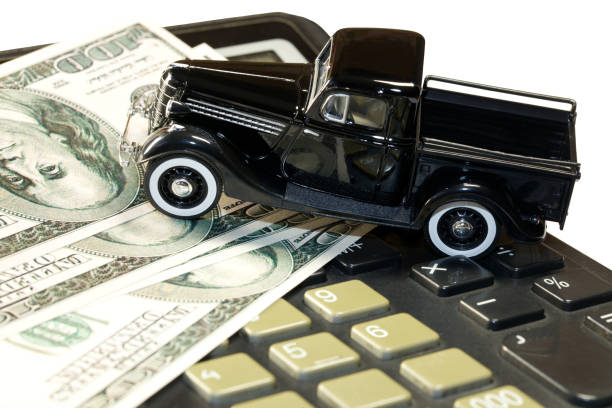Saving up for a home loan? New car or holiday? Every cent counts no matter which aspect it is coming from. Having a car is one of them. It is a privilege to have yet is quite costly to purchase and to maintain. Keeping it in top notch can be difficult if you do not have much knowledge about these automobiles.
These automobiles are not invincible given the condition of your driving style, roads and other major factors. Some things are easier to control and maintain than others.
Here are some tips to help you save, so that you can enjoy other things in life.
Petrol Cost
Petrol for your car is quite unavoidable unless you have an electric powered car. Petrol is actually the most expensive running cost for your vehicle. Cost can vary from as little as $20 to as high as $100 a week depending on your use.
Though like any type of purchase, you are given the chance to browse for cheaper alternatives. It may be difficult to browse when you are already running low, though if you plan before hand you could potentially save up to 10c per litre at times. There are Apps where you can find cheap petrol prices nearby, so you know where to go and what route to take. You shouldn’t be waiting until your fuel tank is almost empty before filling up – otherwise you may be left with a station that has a hefty price.
Carpooling
No doubt the best way to save on running costs is to not use your vehicle altogether. If you can lock in a lift or carpool for work or outings, it will save you quite a bit, not only in petrol but wear and tear of your car. Take turns carpooling and you could possibly cut your mileage, fuel and car expenses in half!
The Route
Taking the shortest and at times the fastest route isn’t always the best way to go in terms of money saving for fuel. Take the recommended route from your GPS which is typically labelled under “economy” or, if you do know, take the route with the fewest stop signs and lights relative to the distance. Not only are you wasting fuel but also wearing out your brakes and tyres.
Brakes
The brakes relatively have a long life span, though they are costly to replace. To extend their life, you can slowly step on the brakes to slow down avoiding any hard-braking, especially in the rain. This can wear your brake pads and warp your rotors. So a general tip is if you see a light or stop sign above don’t continue accelerating and let it roll while slowly easing on the brakes.
Acceleration
Avoid stomping on the brakes or getting as fast as you possibly can to the speed limit. This will use more fuel. Gradually accelerate so that your RPM’s stay around 2,500. This is the most economical range for acceleration.
Speed
Having a higher speed uses more power from the car than you actually think. Not only does it require more power from the engine but the air becomes thicker requiring even more power from the engine to increase speed intervals. Driving at 100km/h is like driving constantly through cake. Managing your speed along with acceleration can help you conserve quite a bit of fuel.
Weight Reduction
Keeping your vehicle as light as possible is ideal. Avoid hauling or carrying heavy objects if you do not need to. This also requires more power and acceleration from the car.
Straighten The Alignment
If your vehicle’s alignment is out of place it will wear out the tyres and also use more power to accelerate the car. Of course any uneven tyre wear will result in a shorter lifespan and quality tyres are not cheap at all especially for all four. A wheel alignment is recommended 3 to 4 times annually.
Tyres
Having deflated or overly inflated tyres can not only affect fuel efficiency but also the handling.A deflated tyre requires more power from the engine to keep it moving. Make sure you check the tyre pressure and is pumped to the required standards. If you are running stock wheels and tyres you can typically locate the correct tyre pressure for your from your car’s door sill or bonnet.An overly inflated tyre may pose a problem on the handling and grip of the vehicle.
Automotive Services
If there are any identified issues with the car – make sure that it does get a proper car service and check. It may lead to bigger and more expensive problems down the line if avoided. The minor services you can also attempt yourself. It would be almost half the cost since you do not have to pay for the labour work. Things like changing the oil, filters and fluids are relatively easy. But make sure that you do do proper research or have someone there to advise you.
Ultimately, to save money on the running costs of your car is to be fuel efficient as well as considering the wear and tear of your car parts when driving. This will all add up month after month and year after year. With the petrol price on the rise, there is no better time to act than now. It also benefits the environment.

